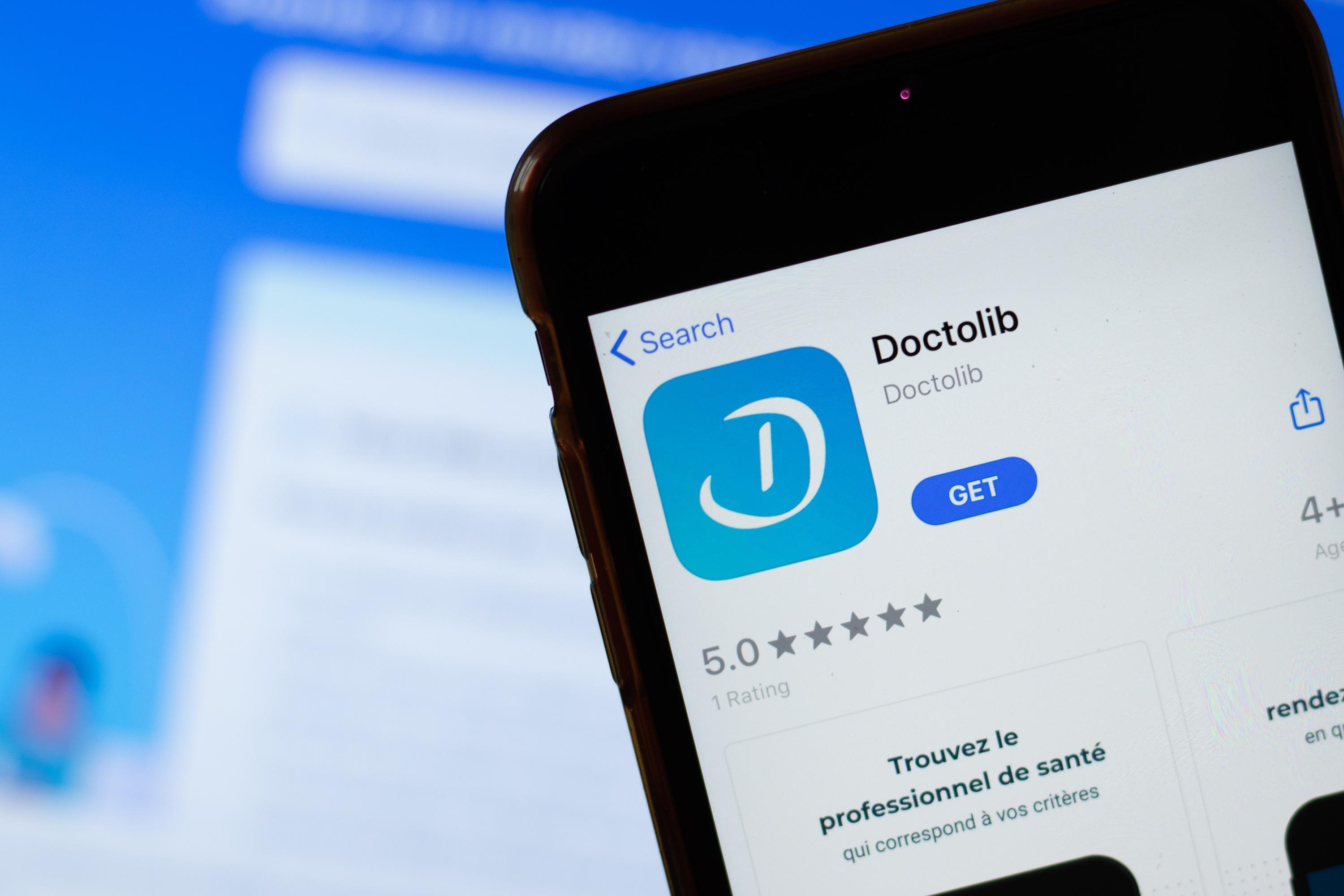Twelve years ago, shortly after Christmas, news made the headlines: kindergartens were suddenly supposed to pay fees to the Gema. The payments were always due when they performed pieces of music or when they wanted to copy sheet music or lyrics and distribute them to children, parents and educators.
Tens of thousands of day-care centers throughout Germany received the letter in December 2010. As expected, the outrage was great. Many carriers then negotiated contracts with Gema and the collecting society Musikedition. That brought the music in German day-care centers from the gray zone to a green zone. But what remained was a bureaucratic effort for the day care centers and little income for the artists who write children's songs.
Hamburg is now the third federal state to have negotiated a flat-rate contract with Gema and VG Musikedition. On Thursday, Social Senator Melanie Schlotzhauer (SPD) signed the contract together with the managing director of the collecting society, Christian Krauss, in Hamburg. For Schlotzhauer it was the first appointment as a senator. She only took office on Thursday last week and was previously a state health officer.
She is very happy that her first official appointment is such a nice one, she said in a free speech. Music is extremely important for children: music is fun, it connects and it even helps to learn foreign languages. According to Schlotzhauer, the fact that making music in Hamburg's day-care centers is now easier and free of bureaucracy is a benefit.
Schlotzhauer and Krauß had chosen the music day-care center of the Finkenau Kindergarten Foundation as the place for the signing. There was a small concert by the “Finken” at the signing on Lagerstraße in the Schanzenviertel – accompanied by one of the most well-known children’s song composers: Rolf Zuckowski.
The impulse for the blanket contract came from Zuckowski. On the fringes of an event in late summer, he met Dirk Bange, the head of the family and child day care department of the social security authority, and told him about the idea and got him enthusiastic about it. The then Senator for Social Affairs, Melanie Leonhard (SPD), finally pushed through the negotiations in the Senate. After just a few months, Hamburg has now signed the contract. Only in Bavaria and Baden-Württemberg is there something comparable for the day-care centers. For schools, on the other hand, such a flat-rate contract has existed since 1990.
"I didn't push it to make me feel even better," Zuckowski explained. There are many great artists in the industry who are lacking in income due to the Corona period, when hardly any performances were possible. For them, the distributions from the collecting society are important in order to be able to live off their music.
The rights to a piece of music remain with the author for up to 70 years after his death. He has the right to receive a compensation payment for every use, for example through the copy of the sheet music and song texts or a public appearance. This is how copyright works. VG Musikedition collects the money for its members and distributes the income to the individual artists.
With the flat-rate contract, from January 1st, the social authorities will cover the costs for all sheet music copied in the day-care centers and for all public performances. That will cost around 80,000 euros a year. A relatively small amount for the day-care center budget of the authority, which will be around 1.2 billion euros in the coming year. For the artists, however, the amount is important.
"The bottom line is that this is a good solution for everyone involved," said Krauss. "There is no bureaucracy, no costs for the individual" and yet the copyright of the children's songwriters is satisfied.
"A really nice present before Christmas," said Zuckowski, who has been involved in the collecting society for years and uses his popularity to fight for the rights of musicians. The 75-year-old said he was happy that his songs were being sung in daycare centers all over the country. On Thursday he played the "Clock of the Year", "It's Snowing" and the "Christmas Bakery" with the "Finken". Zuckowski: "But there are a lot of great songs by others that are also worth singing."

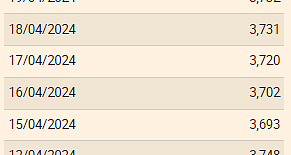 The Euribor today remains at 3.734%
The Euribor today remains at 3.734% Germany: the trial of an AfD leader, accused of chanting a Nazi slogan, resumes this Tuesday
Germany: the trial of an AfD leader, accused of chanting a Nazi slogan, resumes this Tuesday New York: at Columbia University, the anti-Semitic drift of pro-Palestinian demonstrations
New York: at Columbia University, the anti-Semitic drift of pro-Palestinian demonstrations What is Akila, the mission in which the Charles de Gaulle is participating under NATO command?
What is Akila, the mission in which the Charles de Gaulle is participating under NATO command? What High Blood Pressure Does to Your Body (And Why It Should Be Treated)
What High Blood Pressure Does to Your Body (And Why It Should Be Treated) Vaccination in France has progressed in 2023, rejoices Public Health France
Vaccination in France has progressed in 2023, rejoices Public Health France Food additives suspected of promoting cardiovascular diseases
Food additives suspected of promoting cardiovascular diseases “Even morphine doesn’t work”: Léane, 17, victim of the adverse effects of an antibiotic
“Even morphine doesn’t work”: Léane, 17, victim of the adverse effects of an antibiotic MEPs validate reform of EU budgetary rules
MEPs validate reform of EU budgetary rules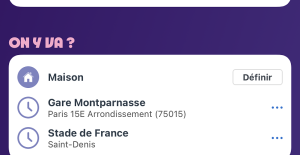 “Public Transport Paris 2024”, the application for Olympic Games spectators, is available
“Public Transport Paris 2024”, the application for Olympic Games spectators, is available Spotify goes green in the first quarter and sees its number of paying subscribers increase
Spotify goes green in the first quarter and sees its number of paying subscribers increase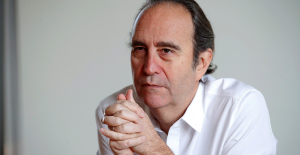 Xavier Niel finalizes the sale of his shares in the Le Monde group to an independent fund
Xavier Niel finalizes the sale of his shares in the Le Monde group to an independent fund Owner of Blondie and Shakira catalogs in favor of $1.5 billion offer
Owner of Blondie and Shakira catalogs in favor of $1.5 billion offer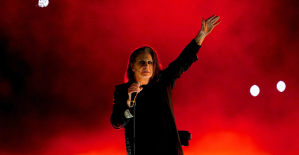 Cher et Ozzy Osbourne rejoignent le Rock and Roll Hall of Fame
Cher et Ozzy Osbourne rejoignent le Rock and Roll Hall of Fame Three months before the Olympic Games, festivals and concert halls fear paying the price
Three months before the Olympic Games, festivals and concert halls fear paying the price With Brigitte Macron, Aya Nakamura sows new clues about her participation in the Olympics
With Brigitte Macron, Aya Nakamura sows new clues about her participation in the Olympics Skoda Kodiaq 2024: a 'beast' plug-in hybrid SUV
Skoda Kodiaq 2024: a 'beast' plug-in hybrid SUV Tesla launches a new Model Y with 600 km of autonomy at a "more accessible price"
Tesla launches a new Model Y with 600 km of autonomy at a "more accessible price" The 10 best-selling cars in March 2024 in Spain: sales fall due to Easter
The 10 best-selling cars in March 2024 in Spain: sales fall due to Easter A private jet company buys more than 100 flying cars
A private jet company buys more than 100 flying cars This is how housing prices have changed in Spain in the last decade
This is how housing prices have changed in Spain in the last decade The home mortgage firm drops 10% in January and interest soars to 3.46%
The home mortgage firm drops 10% in January and interest soars to 3.46% The jewel of the Rocío de Nagüeles urbanization: a dream villa in Marbella
The jewel of the Rocío de Nagüeles urbanization: a dream villa in Marbella Rental prices grow by 7.3% in February: where does it go up and where does it go down?
Rental prices grow by 7.3% in February: where does it go up and where does it go down? Europeans: “All those who claim that we don’t need Europe are liars”, criticizes Bayrou
Europeans: “All those who claim that we don’t need Europe are liars”, criticizes Bayrou With the promise of a “real burst of authority”, Gabriel Attal provokes the ire of the opposition
With the promise of a “real burst of authority”, Gabriel Attal provokes the ire of the opposition Europeans: the schedule of debates to follow between now and June 9
Europeans: the schedule of debates to follow between now and June 9 Europeans: “In France, there is a left and there is a right,” assures Bellamy
Europeans: “In France, there is a left and there is a right,” assures Bellamy These French cities that will boycott the World Cup in Qatar
These French cities that will boycott the World Cup in Qatar Serie A: Bologna surprises AS Rome in the race for the C1
Serie A: Bologna surprises AS Rome in the race for the C1 Serie A: Marcus Thuram king of Italy, end of the debate for the position of number 9 with the Blues?
Serie A: Marcus Thuram king of Italy, end of the debate for the position of number 9 with the Blues? Milan AC-Inter Milan: Thuram and Pavard impeccable, Hernandez helpless… The tops and flops of the derby
Milan AC-Inter Milan: Thuram and Pavard impeccable, Hernandez helpless… The tops and flops of the derby Ligue 2: Auxerre leader, Bordeaux in crisis, play-offs... 5 questions about an exciting end of the season
Ligue 2: Auxerre leader, Bordeaux in crisis, play-offs... 5 questions about an exciting end of the season





